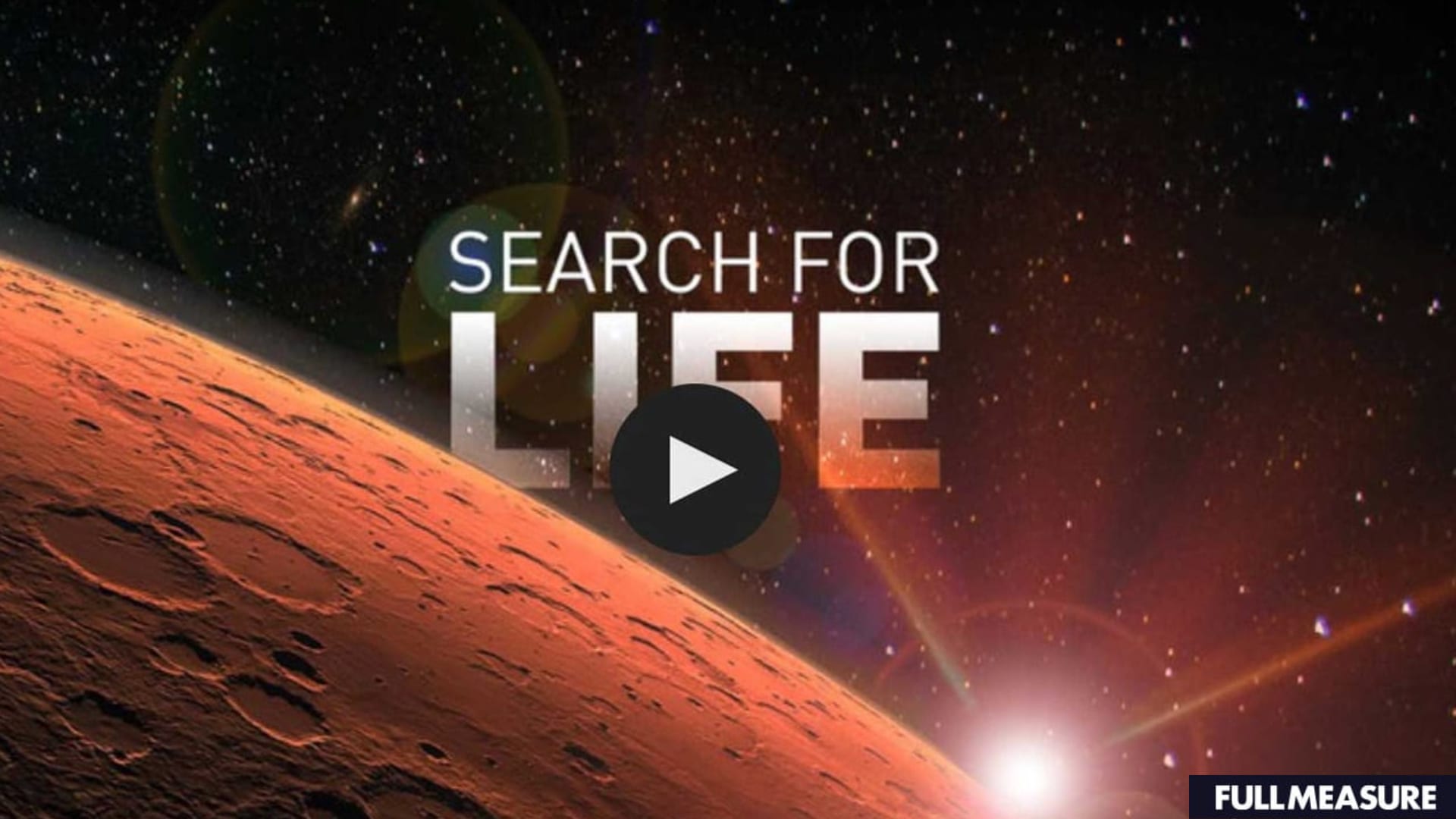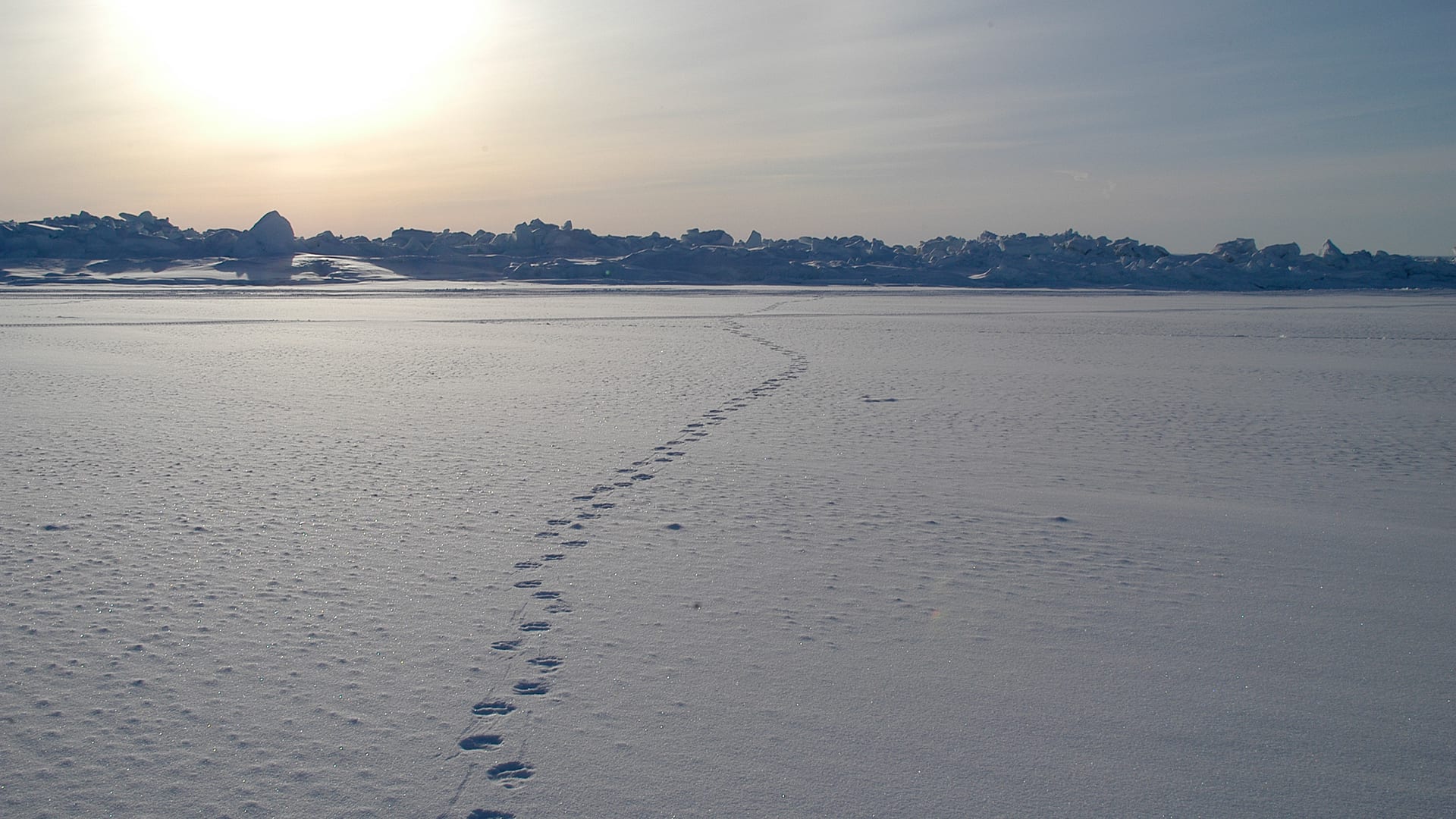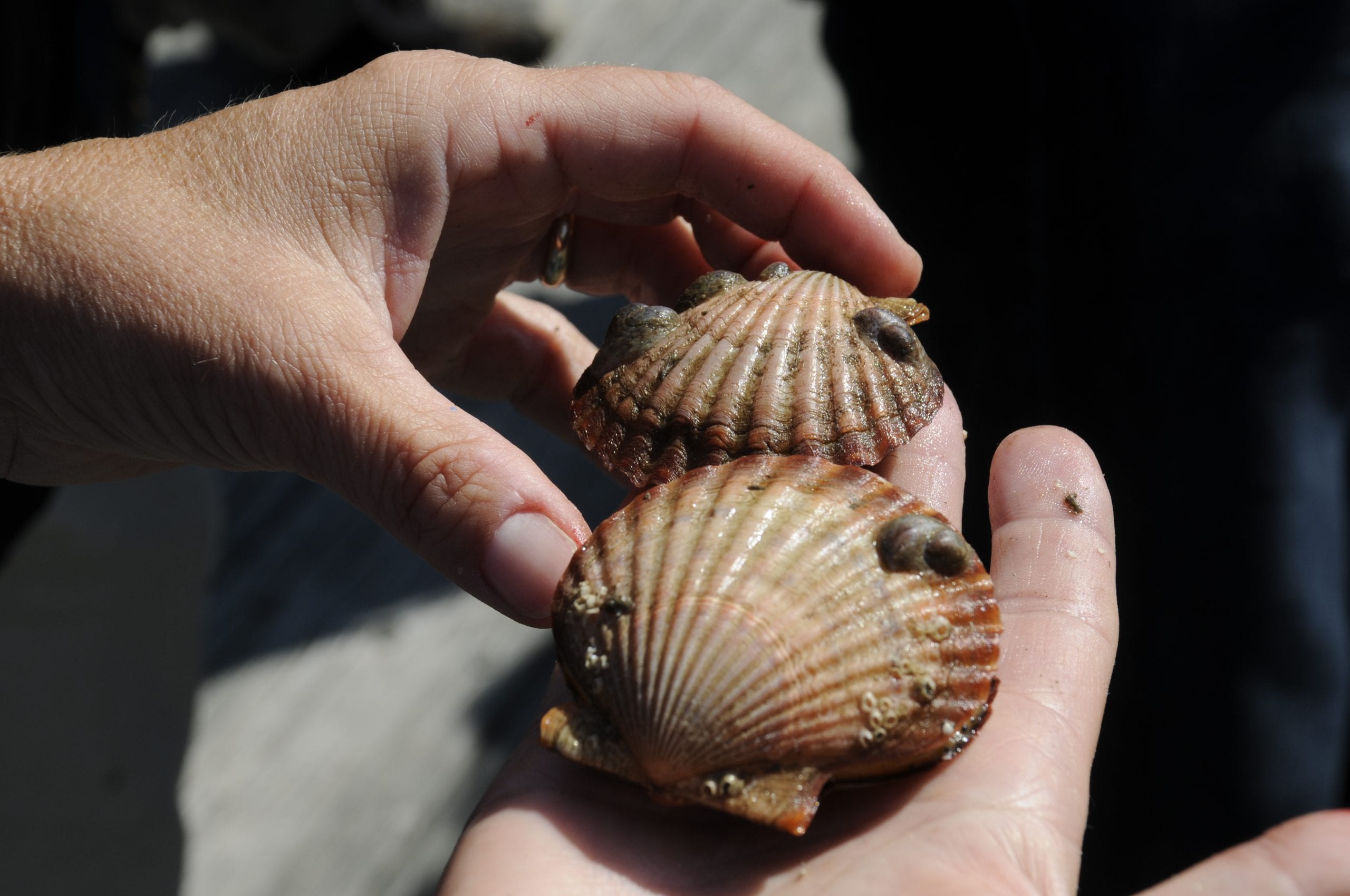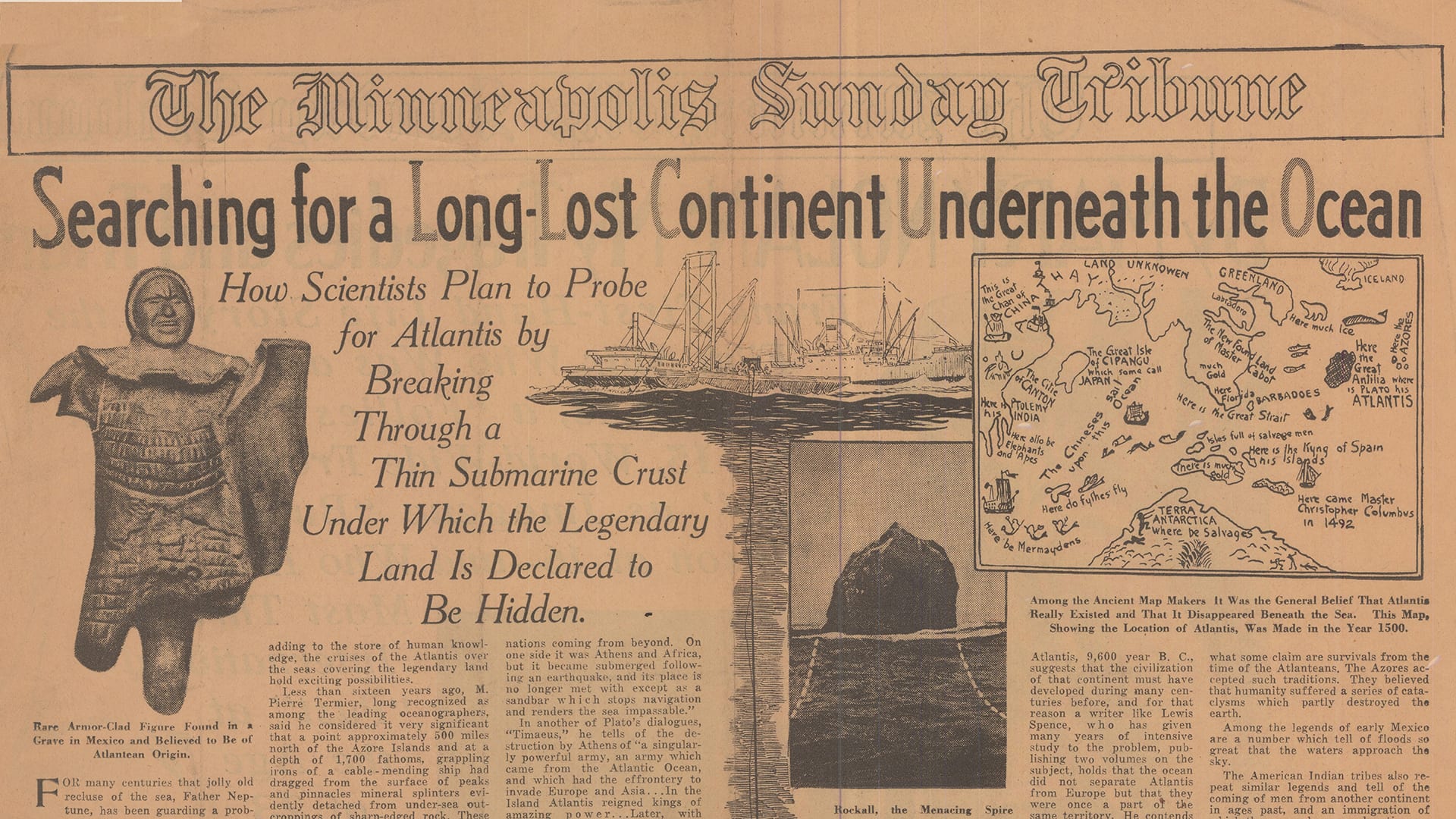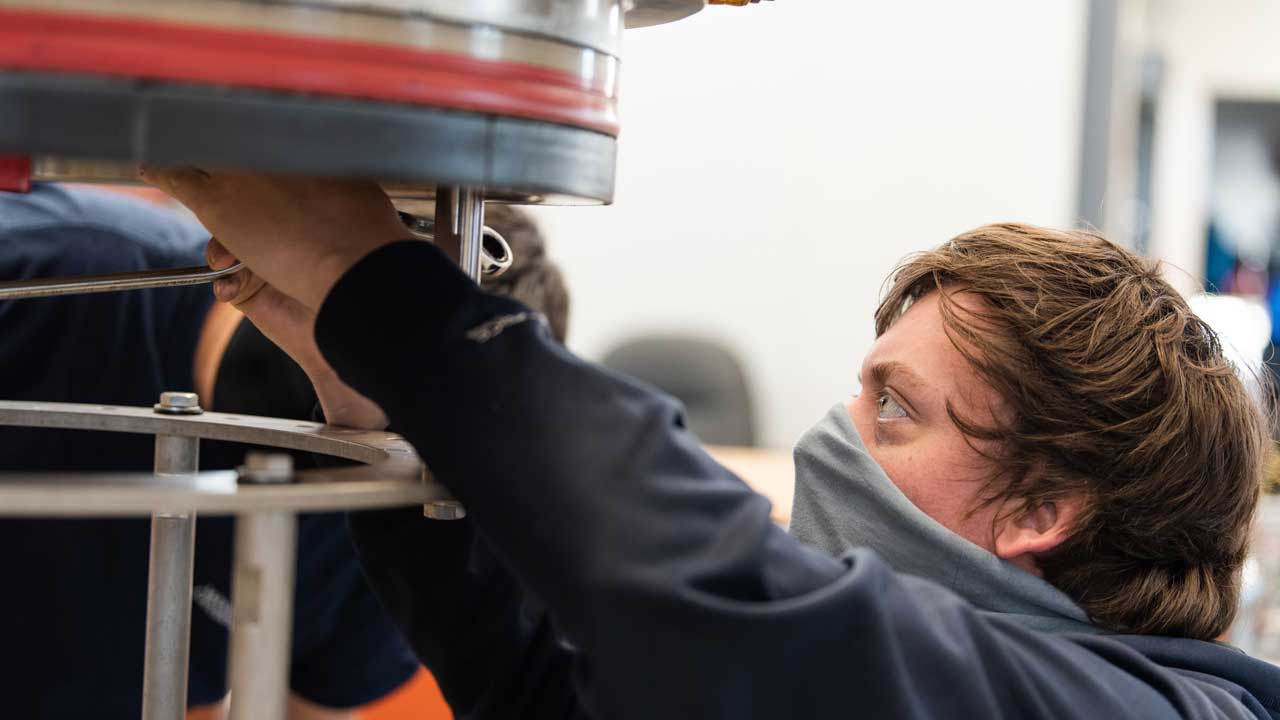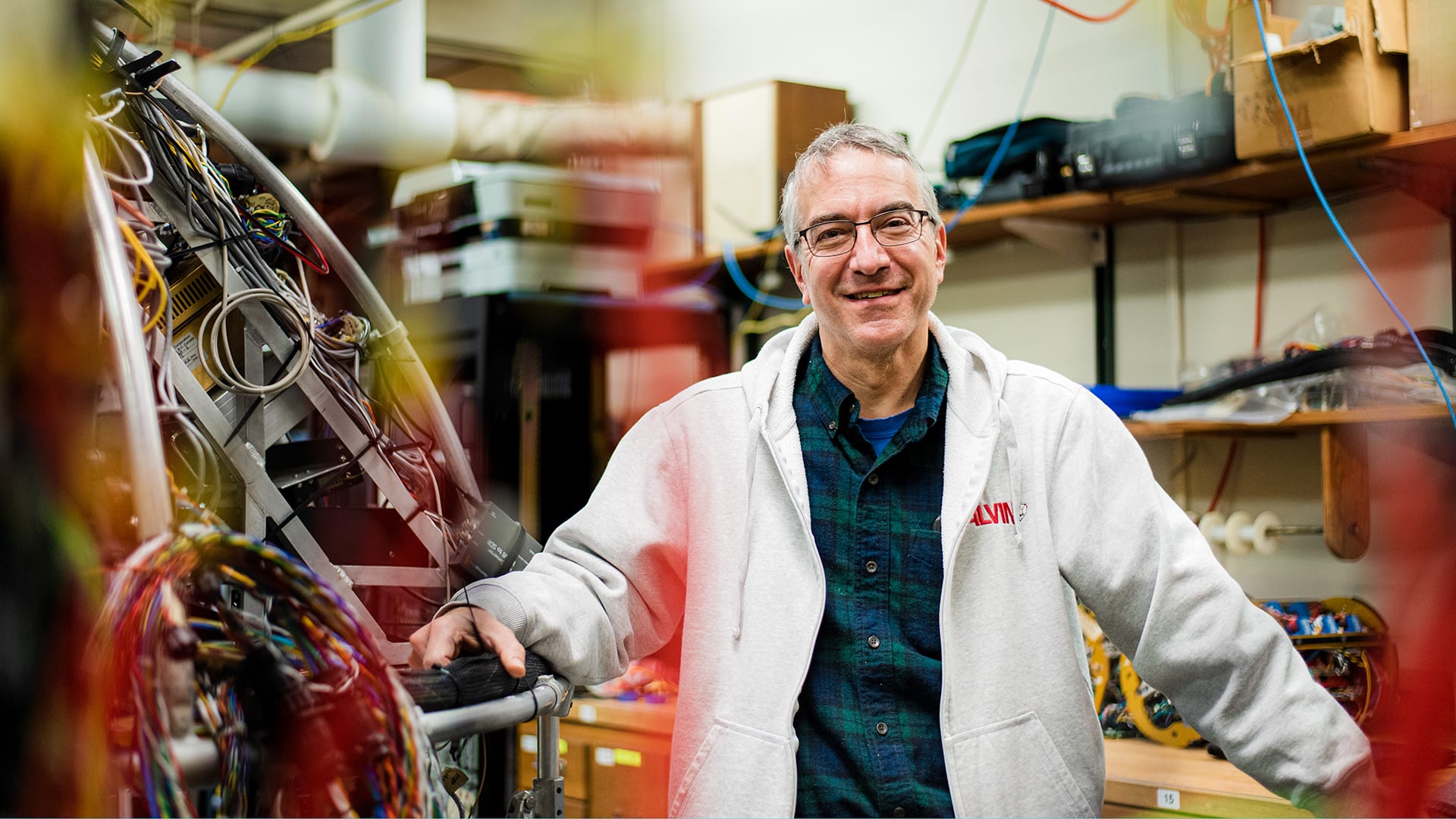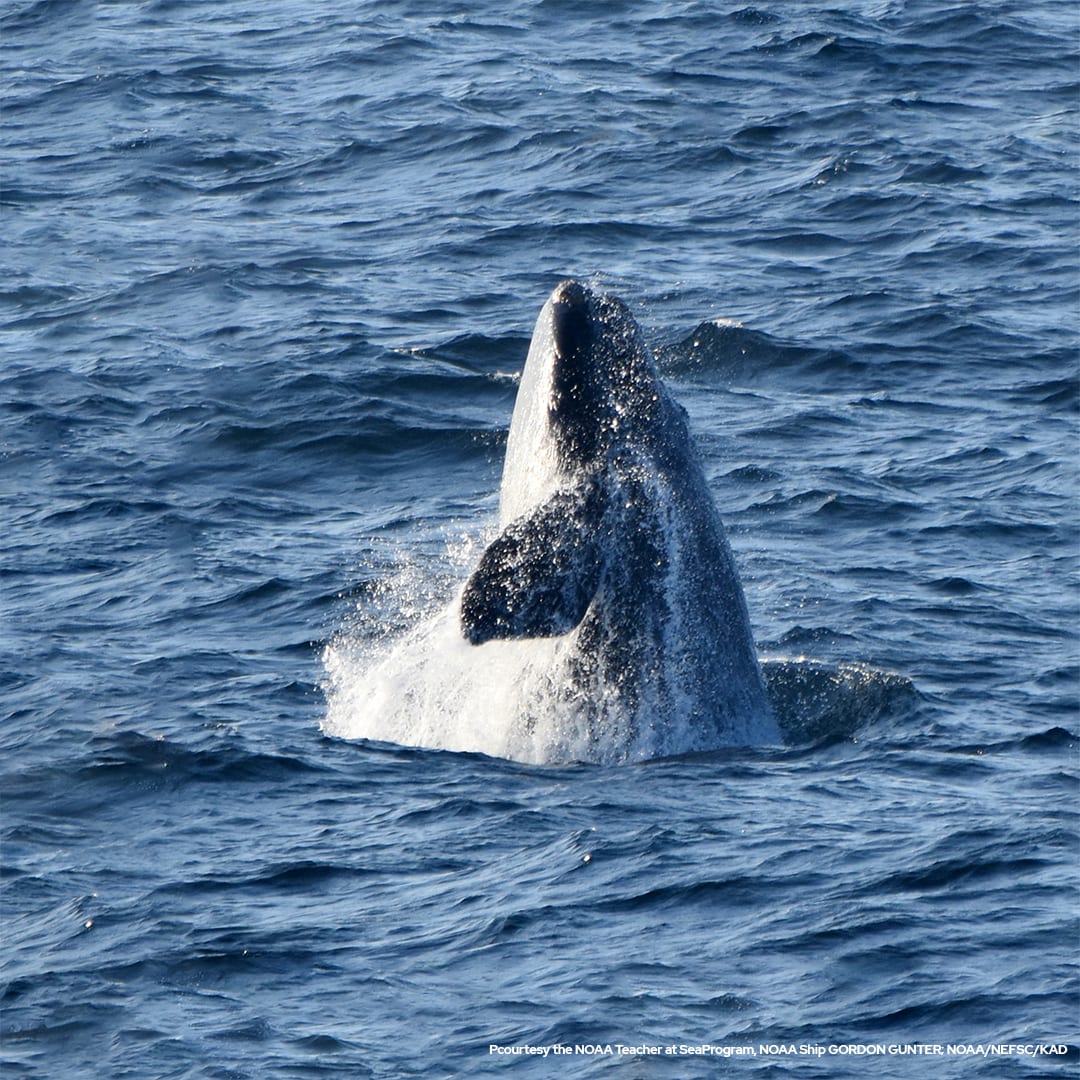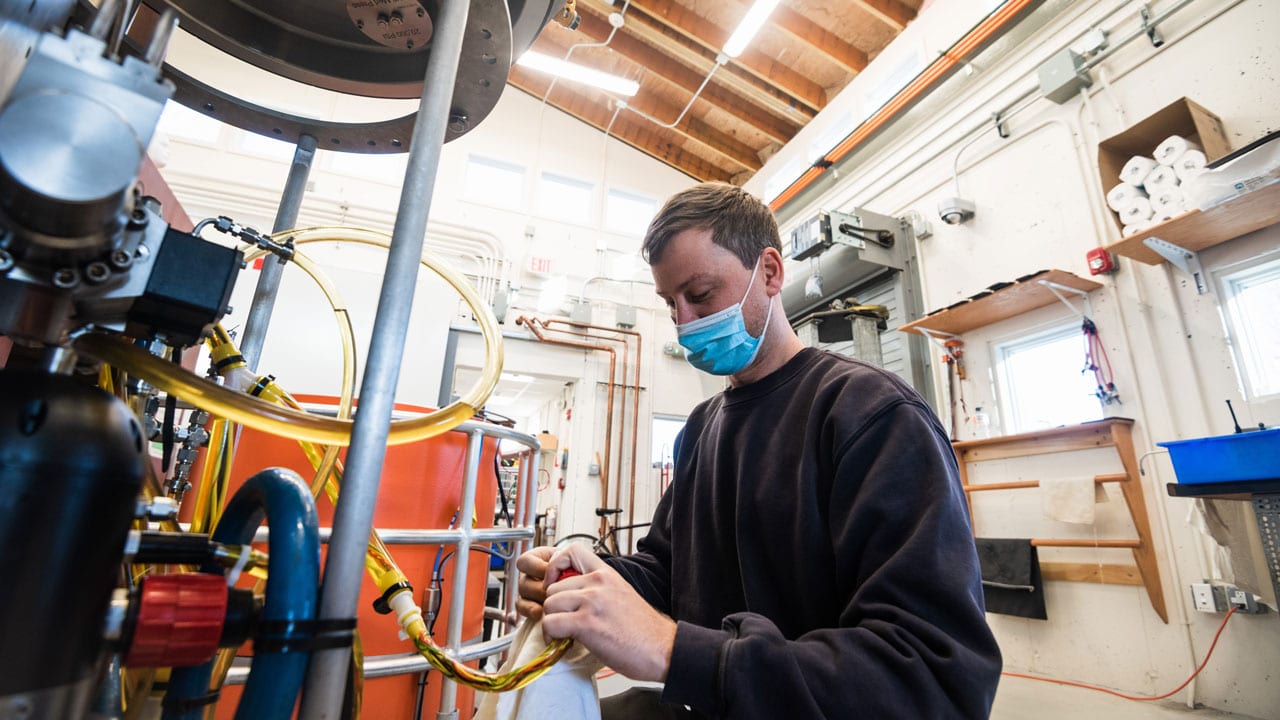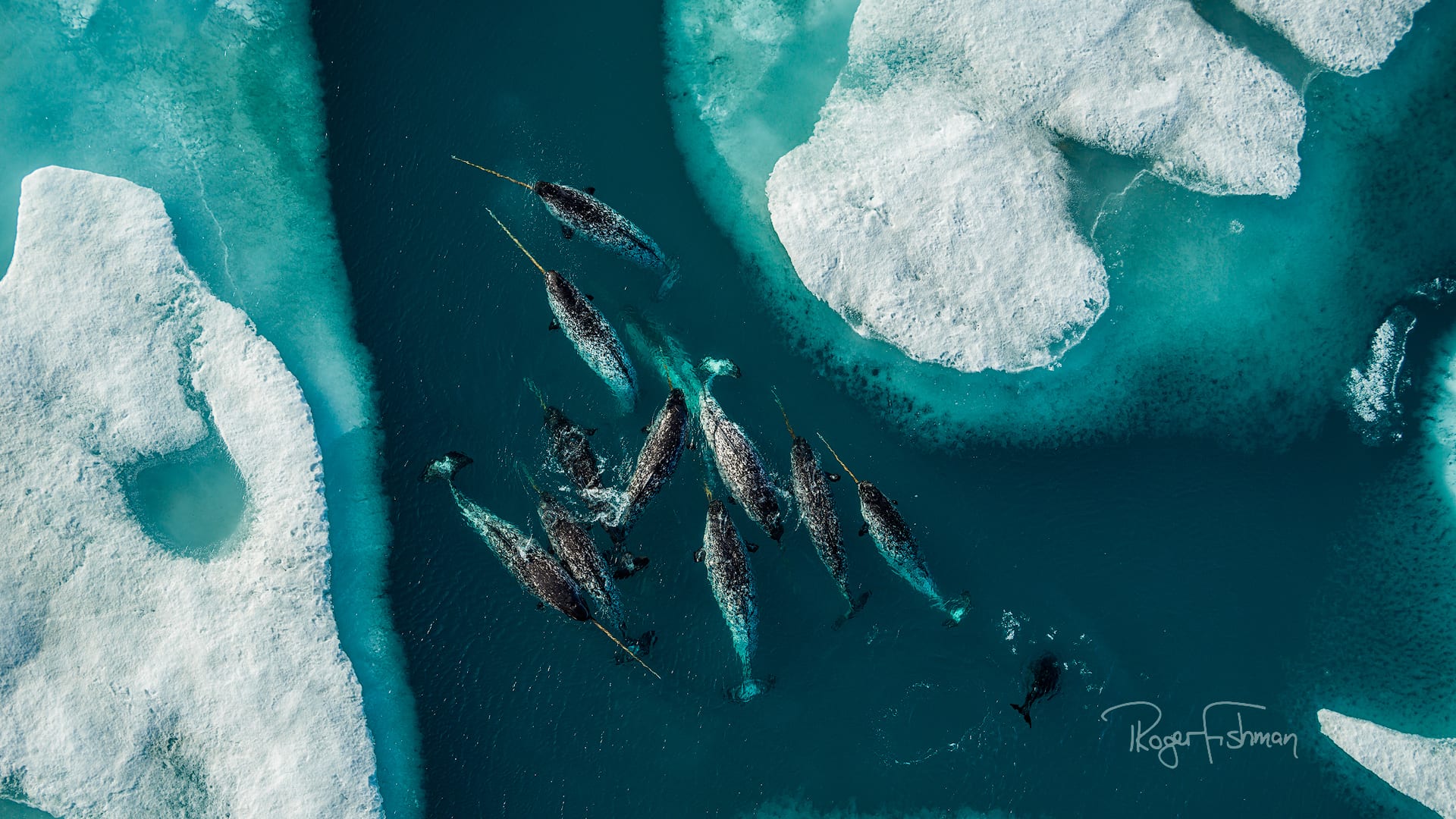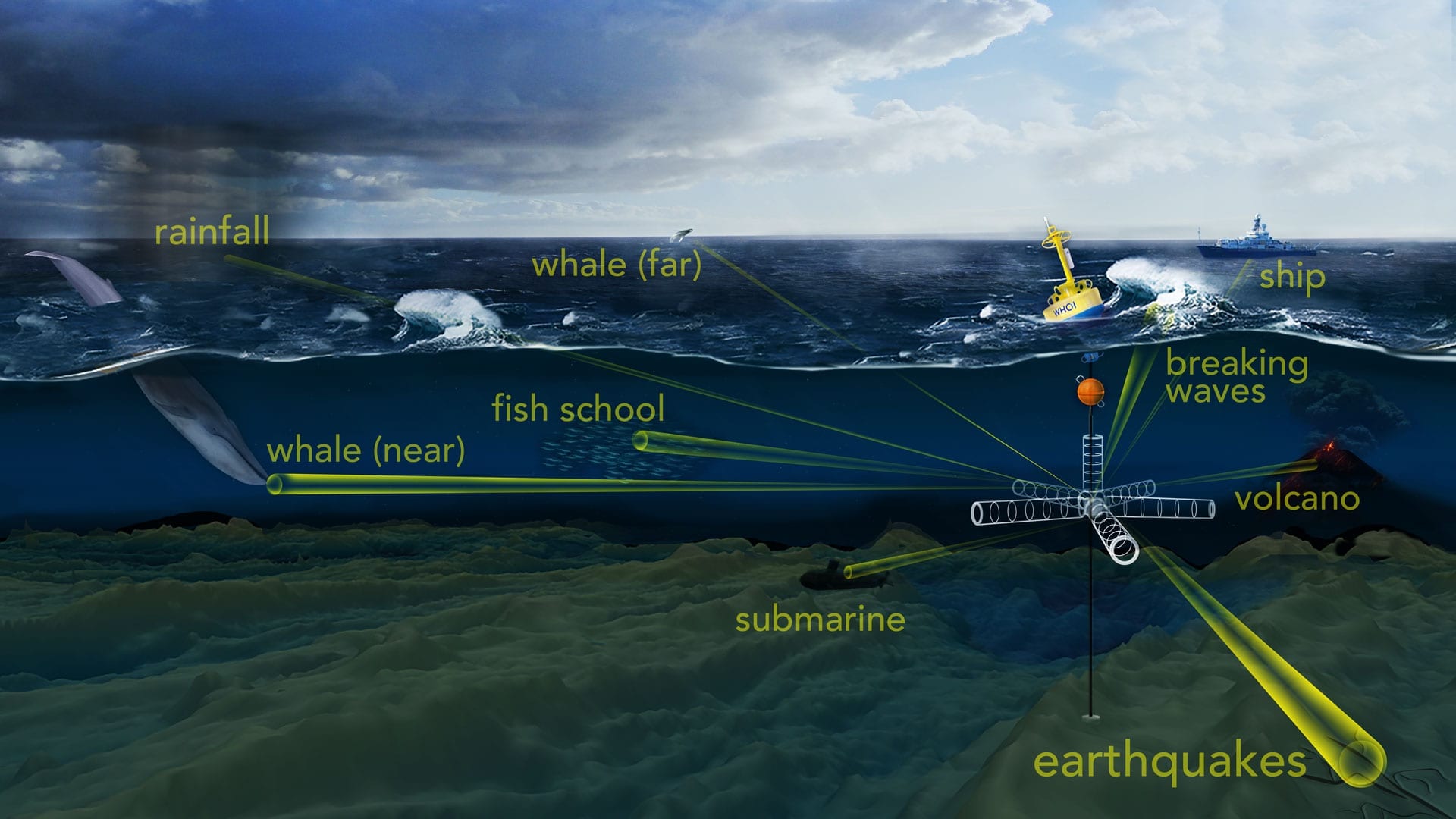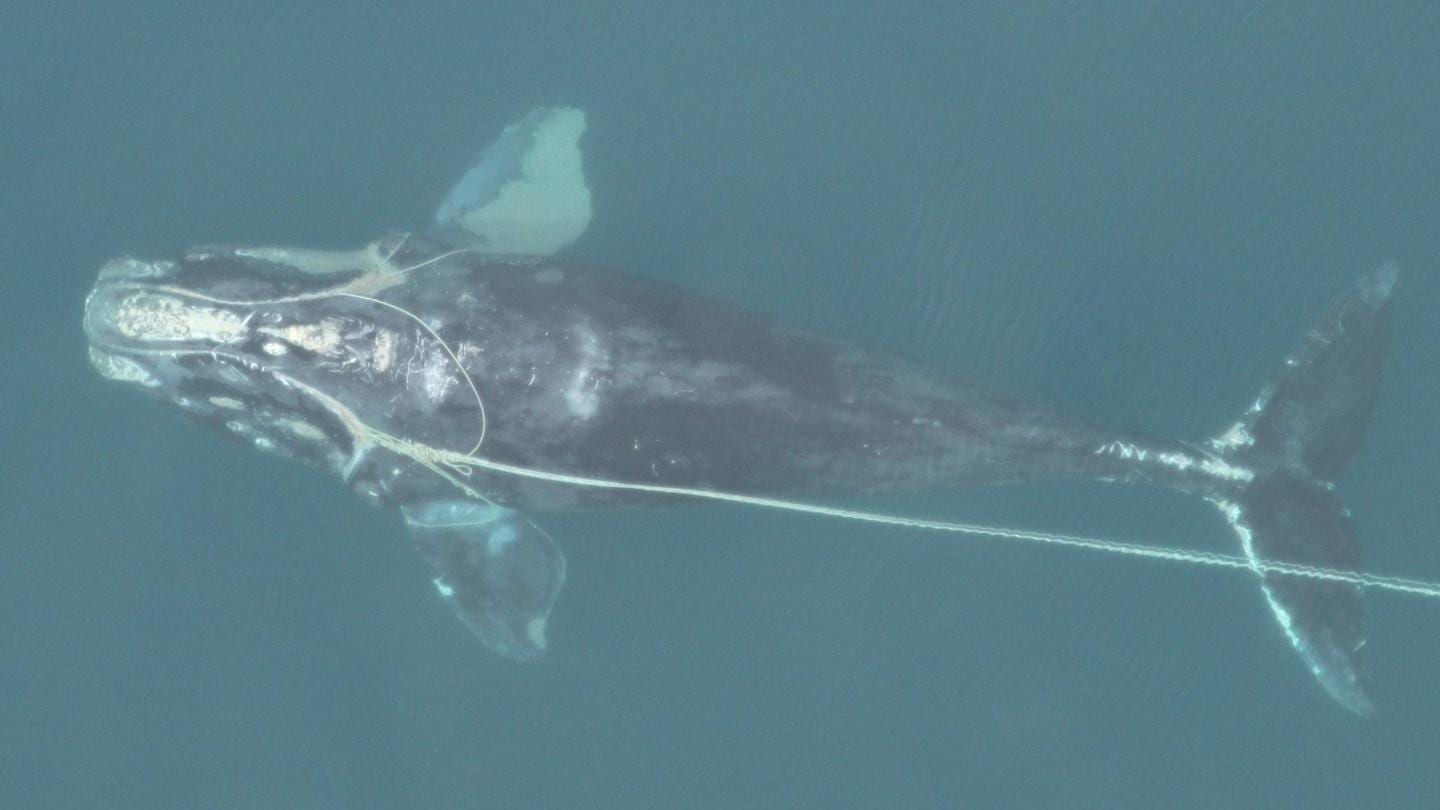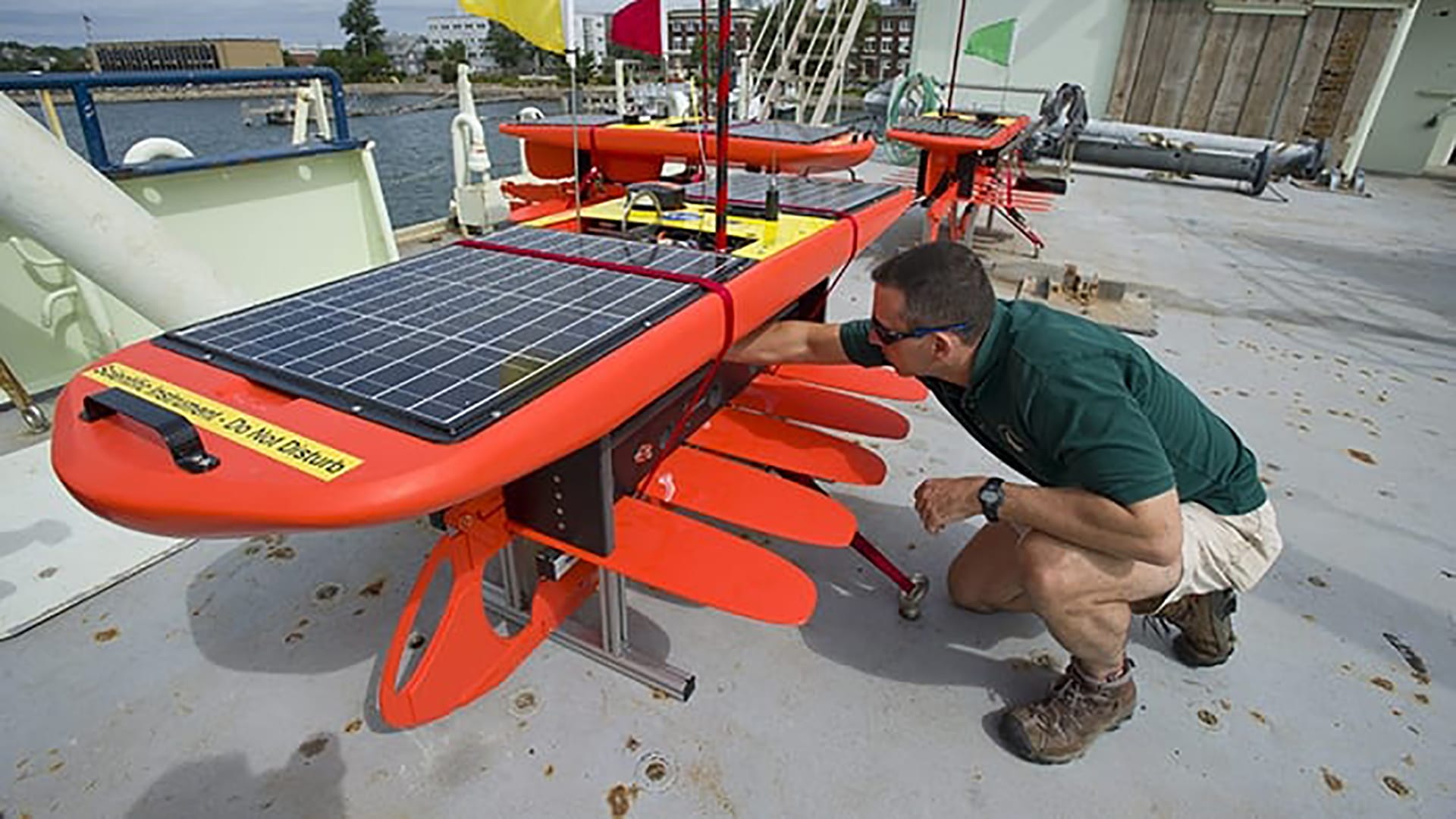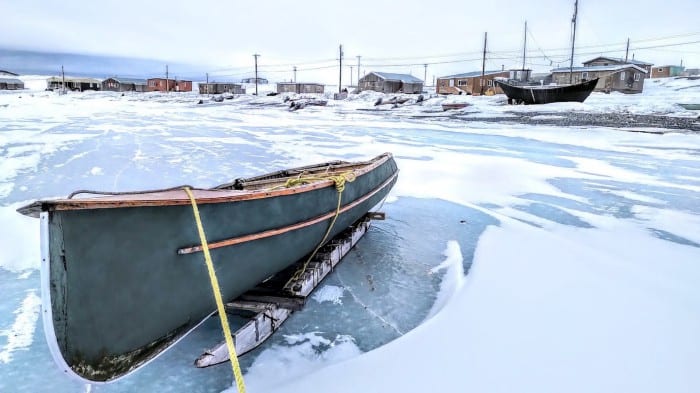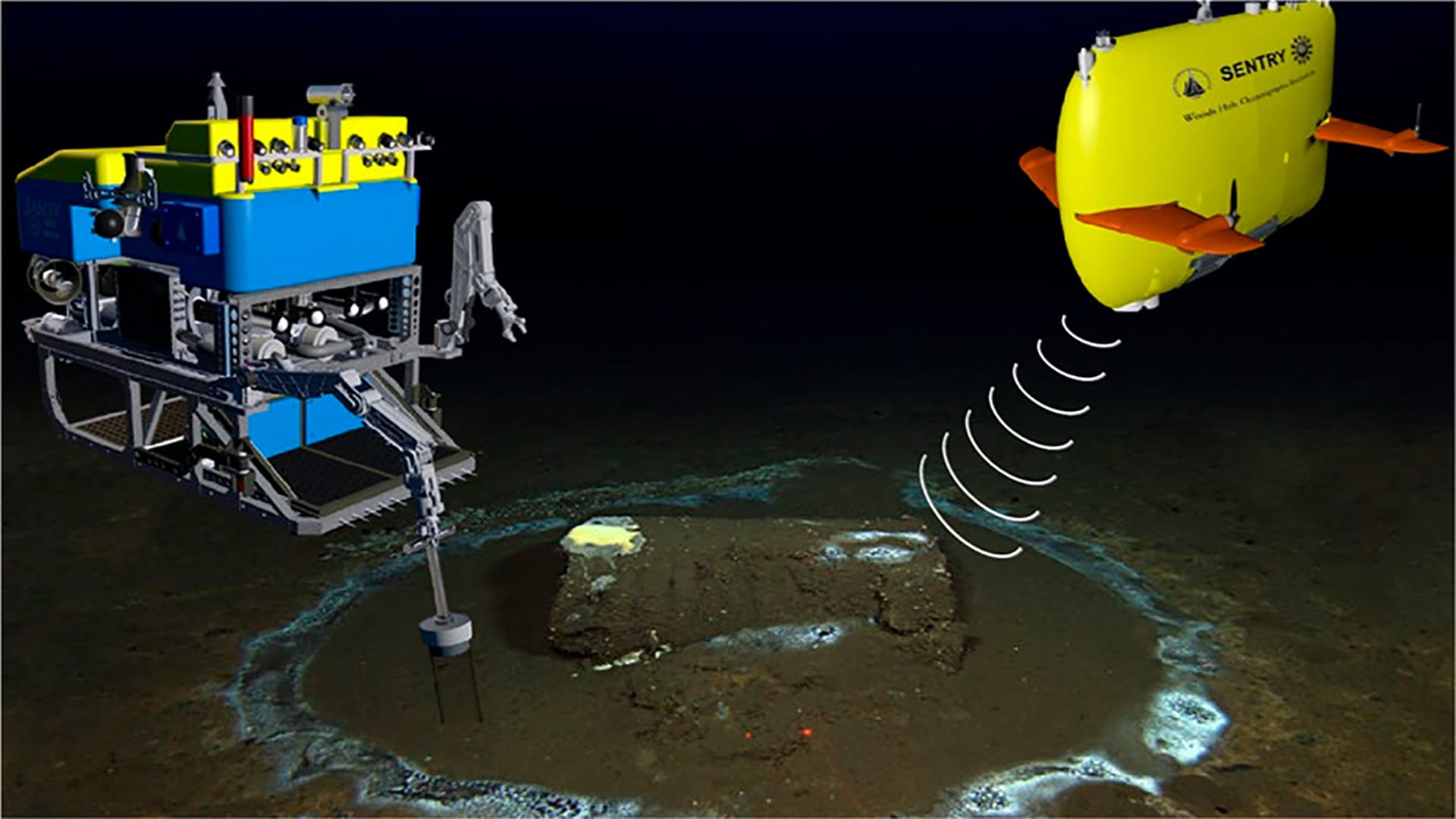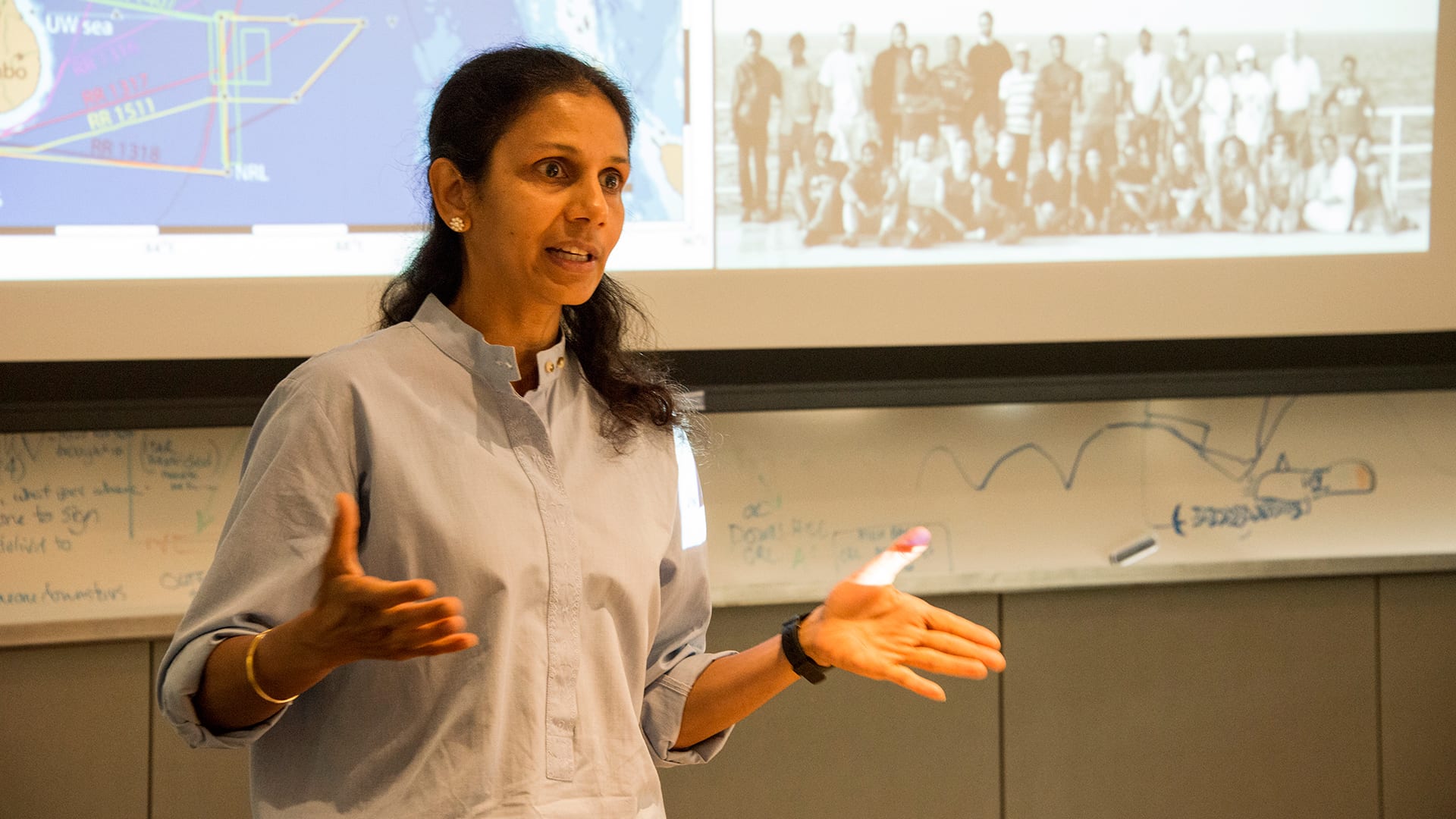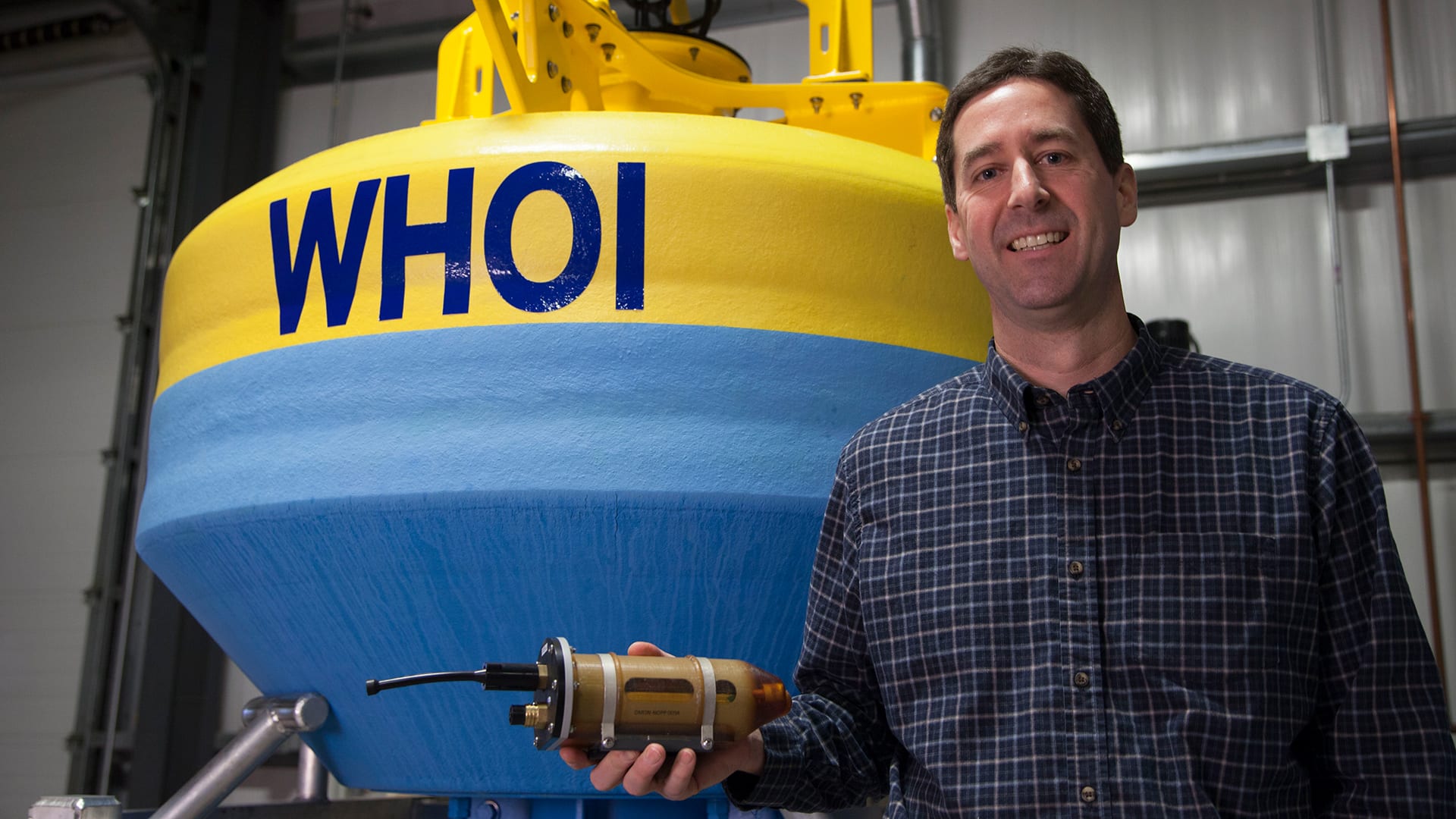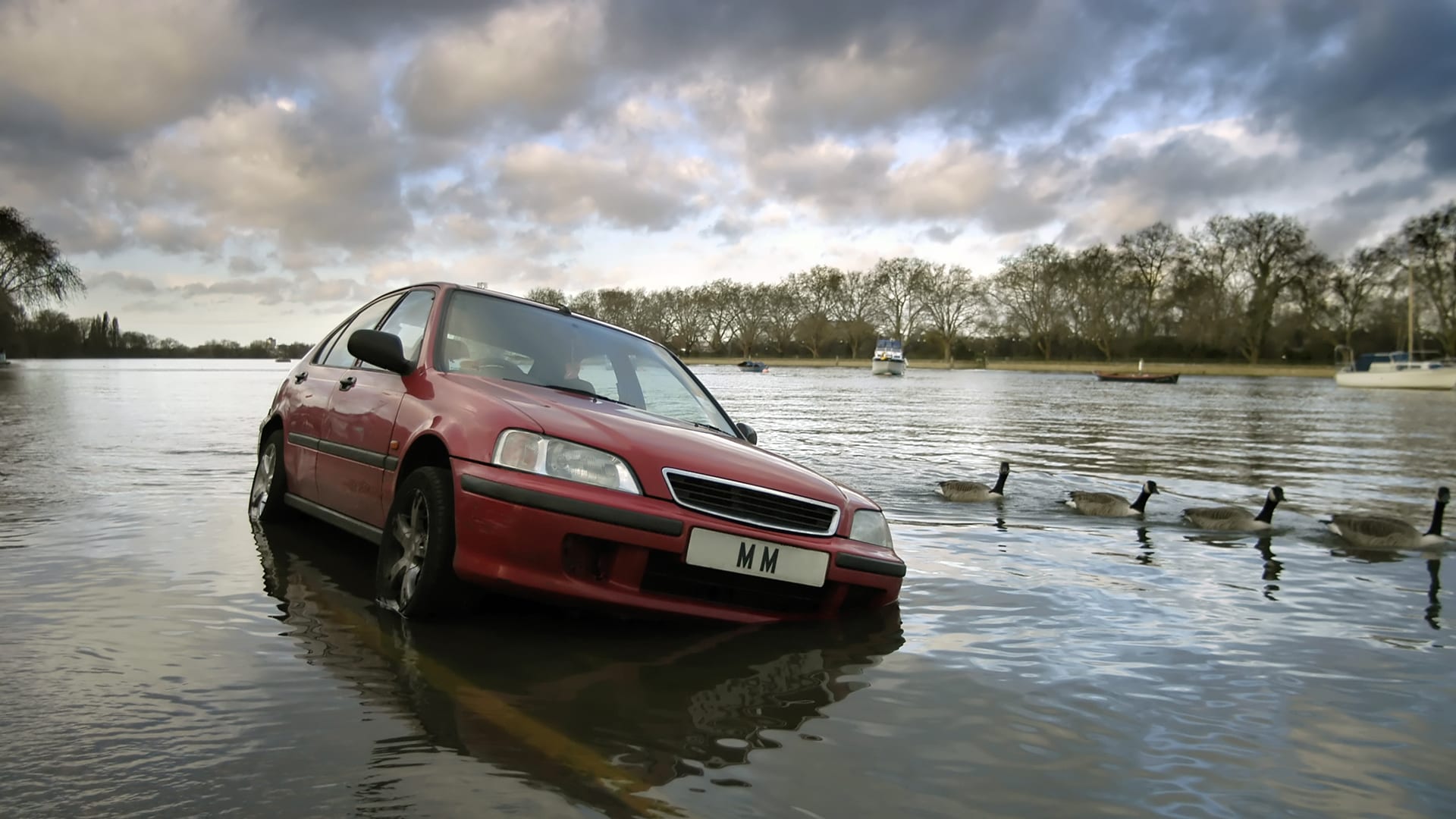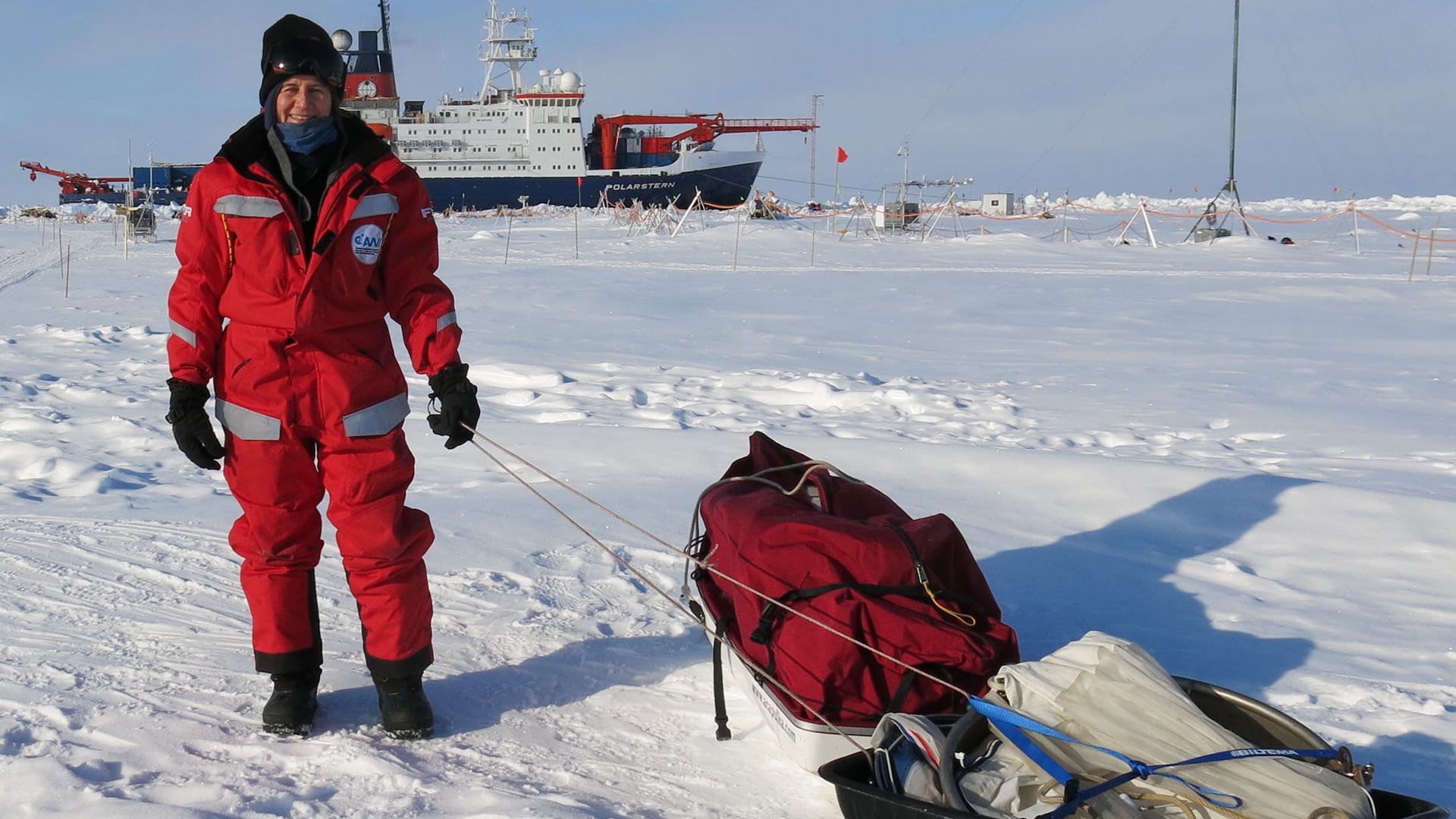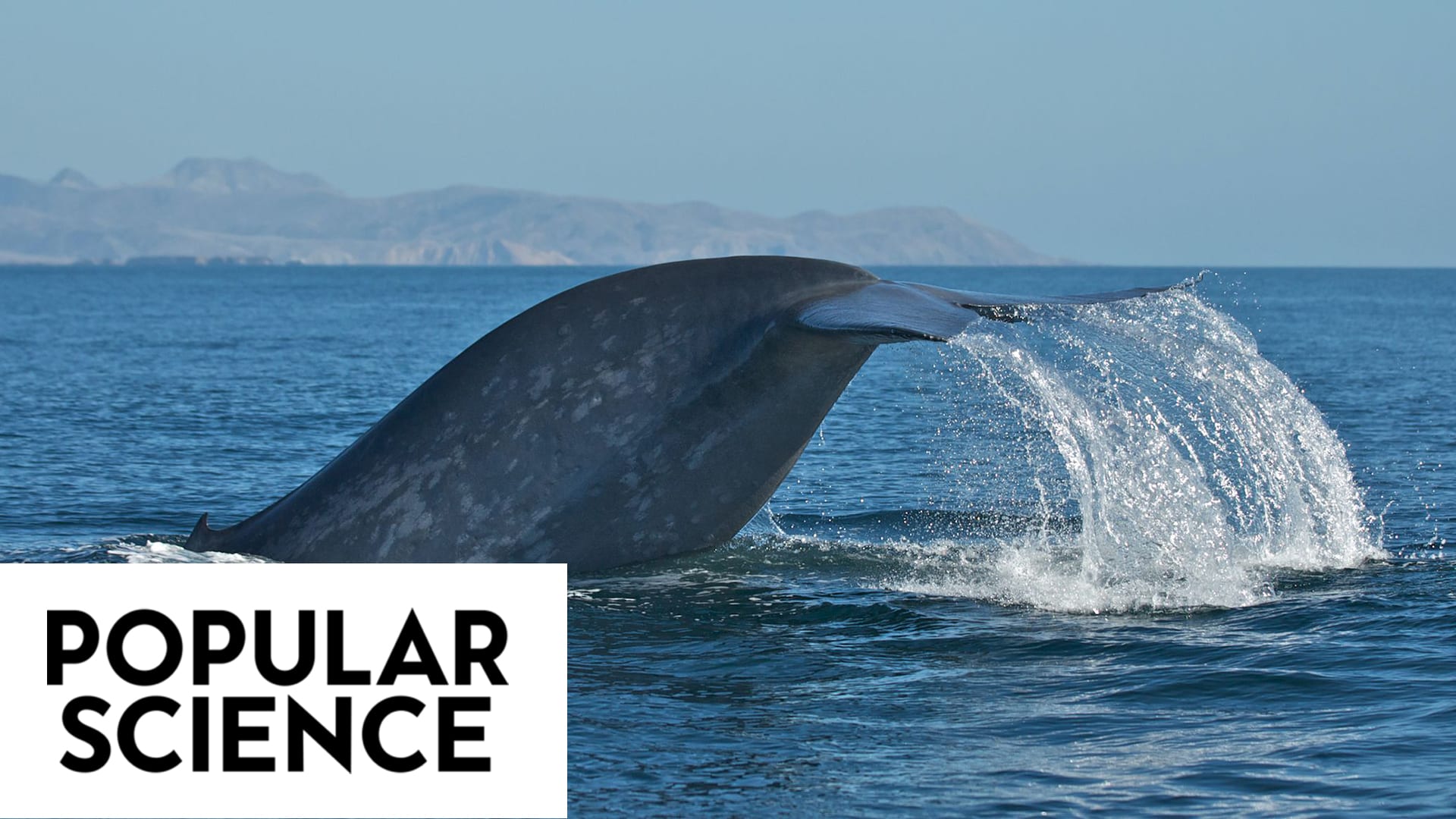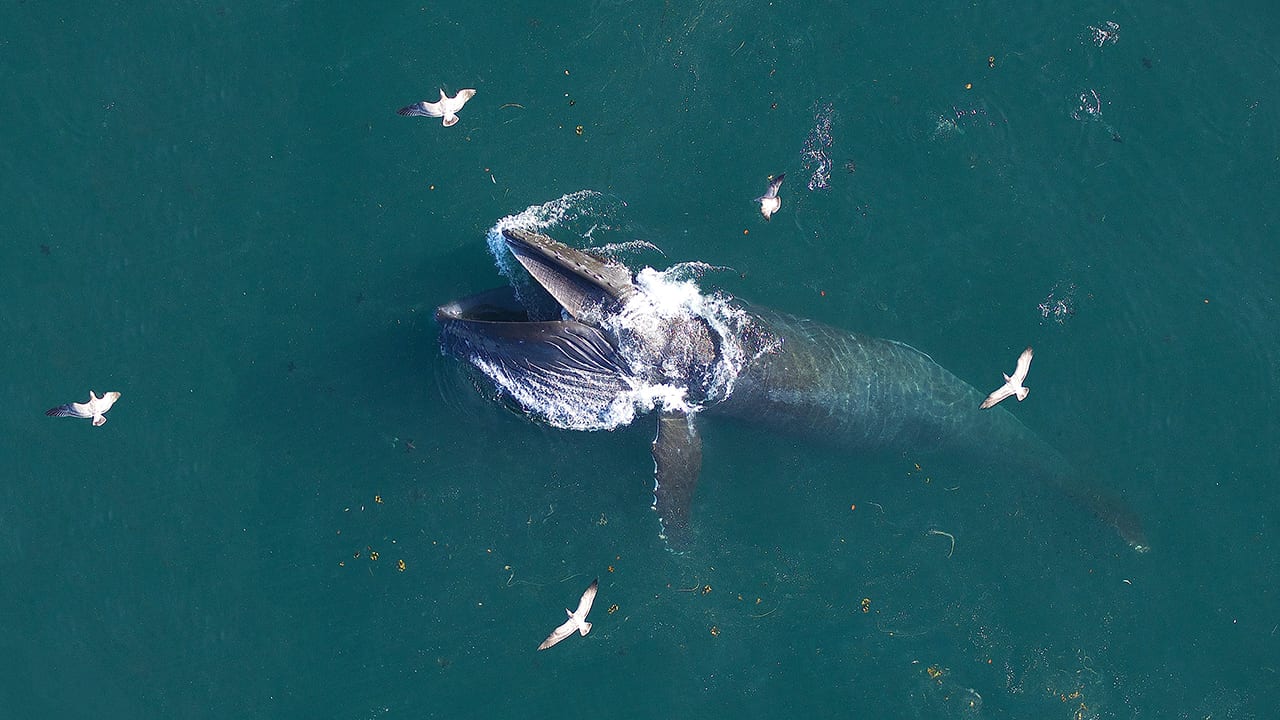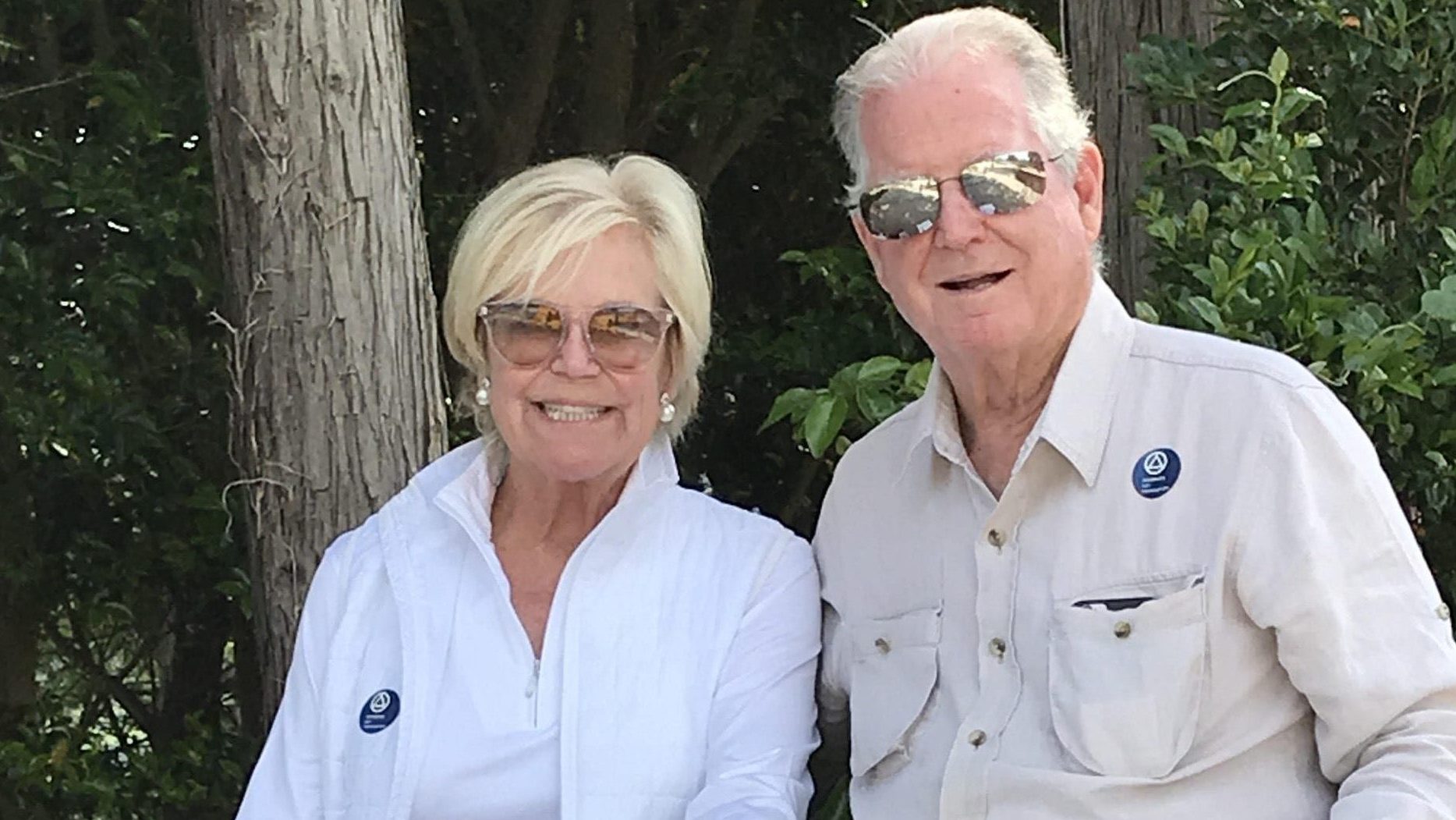News & Insights
The Search for Life
WHOI researchers featured in episode of news program Full Measure February 17, 2021 This week, NASA’s Perseverance Rover lands on Mars to continue the search for life on the Red…
Read MoreWHOI builds bridges with Arctic Indigenous communities
NSF program fosters collaboration between indigenous communities and traditional scientists, allowing WHOI’s autonomous vehicles to shed light on a changing Arctic
Read MoreWHOI working to address ocean acidification; protect region’s vital shellfish industry
A new report addresses the impacts of ocean acidification in Massachusetts and New England coastal waters on the region’s vital seafood industry.
Read MoreHow WHOI’s young pioneers once tried to look for the lost city of Atlantis
When a new oceanographic institution began in 1930 in Woods Hole, Massachusetts, it was one of the few in the world equipped to search for a fabled sunken city, described thousands of years ago by a Greek philosopher
Read MoreMeet the Alvin 6500 Team: Danik Forsman
Interview with Danik Forsman, Alvin Pilot and mechanical section leader on rebuilding Alvin for 6,500-meters and mentorships that helped him become a pilot.
Read MoreMeet the Alvin 6500 Team: Lane Abrams
Lane Abrams talks about designing electronics for the bottom of the ocean and project management of Alvin’s electrical updates for the 6500 meter overhaul.
Read MoreSmart cameras keep lookout for endangered whales
A ship-mounted thermal imaging system provides real-time detection of whales, which could reduce the number of endangered marine mammals killed by vessels each year.
Read MoreMeet the Alvin 6500 Team: Francis Elder
An interview with Francis Elder, lead mechanical engineer for the Alvin Group. Find out how the team has designed a new pump to take Alvin to 6,500 meters.
Read MoreFive feet above a rising ocean
As the seas rise in Woods Hole, one of the institution’s chief stewards recalls past storms to plan for the future
Read MoreUnicorns of the Arctic face a new potential threat
Narwhals and other marine mammals could be vulnerable to a new threat we’ve become all too familiar with: COVID-19
Read MoreConvergence Accelerator could help to meet “An Ocean of Need”
Innovative National Science Foundation program aims to address major ocean-related societal issues
Read MoreCould listening to the deep sea help save it?
A recent New York Times article about sound in the deep ocean briefly mentions the work by Woods Hole Oceanographic Institution (WHOI) acoustic scientist Ying-Tsong “YT” Lin and his work developing an “acoustic telescope.”
Read MoreWHOI working to help save critically endangered North Atlantic right whales
North Atlantic right whales are in crisis. There are approximately 356 individuals remaining, and with over 80% bearing scars of entanglements in fishing line, the race to save this species is more critical than ever.
Read MoreWave Glider provides gateway to remote exploration
WHOI geochemist Chris German pairs an autonomous surface vehicle (ASV) called a Wave Glider with other vehicles to expand research here and on other Ocean Worlds
Read MoreHunger in the Arctic prompts focus on causes, not symptoms
As Arctic Inuit communities try to cope with extreme food insecurity, researchers look for answers
Read MoreWHOI-assisted study finds ocean dumping of DDT waste was “sloppy”
An investigative report this week in the LA Times features the work of WHOI’s marine geochemistry lab in identifying the discarded barrels and analyzing samples from the discovery.
Read More5 Questions with Dr. Amala Mahadevan
WHOI physical oceanographer sheds light on the climate-critical link between ocean currents and plankton
Read MoreFor Mark Baumgartner, Whale Safe is the natural evolution of WHOI’s work with passive acoustics
Mark Baumgartner is an expert ocean listener who’s research is providing the groundwork for a new system to reduce ship collisions with whales
Read MoreLearning the recipe for high-tide floods
A new WHOI-led program receives $1.5 million from NASA to investigate how local and regional environmental conditions affect extreme sea-level rise
Read MoreWHOI oceanographer completes epic Arctic mission
The largest Arctic science expedition in history has ended, with the return of the German icebreaker Polarstern to its home port of Bremerhaven more than one year after it departed Tromso, Norway.
Read MoreWHOI Collaborates on Ocean Detection System to Help Reverse Whale ‘Roadkill’
WHOI and collaborators launched Whale Safe, a detection system that may help prevent large ship collisions with the ocean’s behemoths along the California coast.
Read MoreWHOI Wishes NOAA a Happy 50th Anniversary
Work by NOAA, WHOI and many other partners have helped monitor and protect countless marine species, including humpback whales (shown here lunge-feeding) and critically endangered right whales in waters near…
Read MoreListening to fish with passive acoustics
Scientists at the Woods Hole Oceanographic Institution and NOAA Fisheries combine forces to adapt technologies used to detect marine mammals for fisheries management.
Read MoreGift enables new investments in ocean technologies
A grant from the Coleman and Susan Burke Foundation has allowed WHOI to make crucial investments in remote technology that enhance research innovation at sea. New video monitors aboard the R/V Neil Armstrong will allow scientists and crew to video conference throughout the ship or with colleagues on shore. The Burke Foundation also funded three projects making use of novel data streams from the Ocean Observatories Initiative and field test a wave-powered platform that enables remote communications with autonomous underwater vehicles.
Read More
